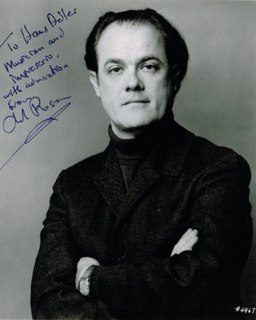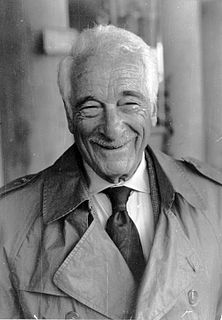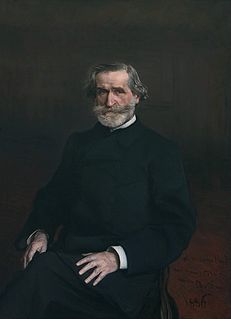A Quote by Charles Rosen
Even Stravinsky does not evoke the same public affection as Verdi.
Related Quotes
Certain movies that are trying to evoke history are just like being in an antique store, and all you notice is that all the stuff has been gathered together, and it feels like a pile of antiques. How can you think that that will evoke the past? It doesn't even have to evoke anything, but anyway, it's how we're living. It's this moment where nobody has to immediately think too much about how things are being documented. It's a great time.
But yet it is evident that religion consists so much in affection, as that without holy affection there is no true religion; and no light in the understanding is good which does not produce holy affection in the heart: no habit or principle in the heart is good which has no such exercise; and no external fruit is good which does not proceed from such exercises.
The composer Stravinsky had written a new piece with a difficult violin passage. After it had been in rehearsal for several weeks, the solo violinist came to Stravinsky and said he was sorry, he had tried his best, the passage was too difficult, no violinist could play it. Stravinsky said, 'I understand that. What I am after is the sound of someone trying to play it.'
Most of us are searching-consciously or unconsciously- for a degree of internal balance and harmony between ourselves and the outside world, and if we happen to become aware-like Stravinsky- of a volcano within us, we will compensate by urging restraint. By that same token, someone who bore a glacier within them might urge passionate abandon. The danger is, as Bergman points out, that a glacial personality in need of passionate abandon may read Stravinsky and apply restraint instead.



































